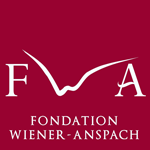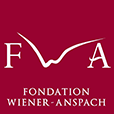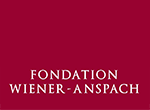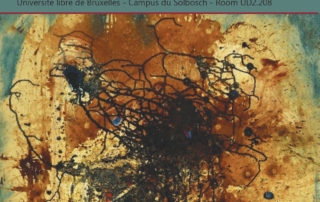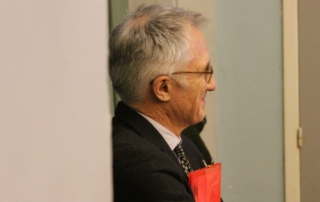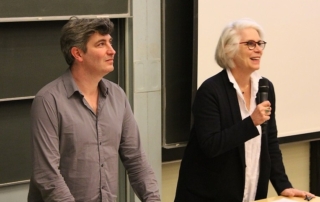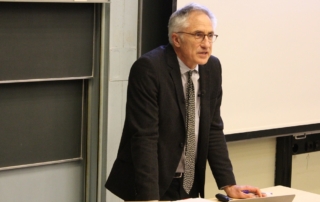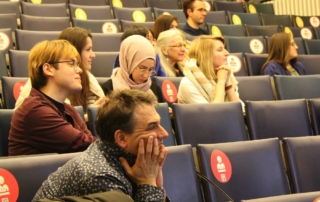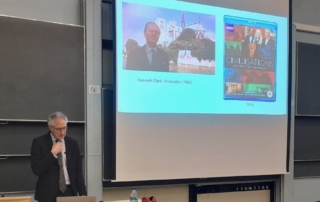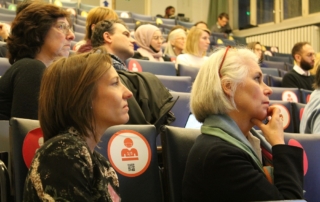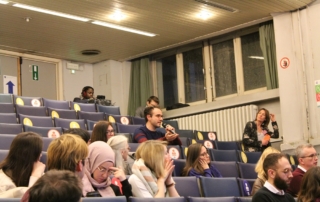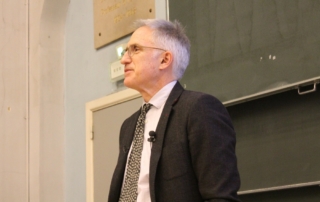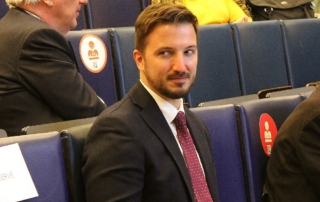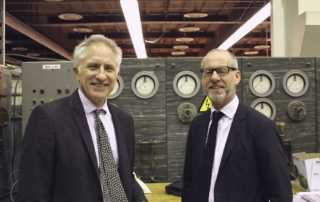Chaire 2021 – 2022
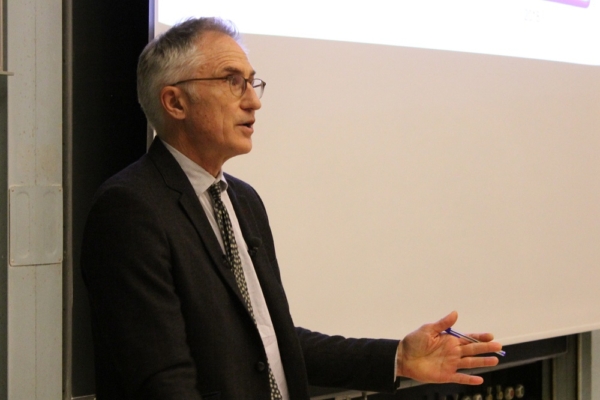
En 2021/2022 la Chaire Ganshof van der Meersch a été occupée par Paul Betts, Professeur d’Histoire européenne moderne à St Antony’s College (Université d’Oxford), sur invitation de la Présidente de l’Institut d’Études européennes Ramona Coman et du Directeur de l’IEE Nicolas Verschueren.
Les recherches et publications du Professeur Betts portent sur l’histoire culturelle de l’Europe moderne, tout particulièrement l’histoire allemande du XXème siècle, et sur la relation entre culture et polititique. Il a publié notamment Ruin and Renewal: Civilizing Europe after World War II (New York: Basic Books/ London: Profile Books, 2020), Within Walls: Private Life in the German Democratic Republic (Oxford: Oxford University Press, 2010) et The Authority of Everyday Objects: A Cultural History of West German Industrial Design (Berkeley: University of California Press, 2004).
Dans le cadre de la Chaire, le Prof. Betts a donné un cours intitulé « Europe in the 20th Century, 1914-2000: National, Transnational and International Histories », analysant la manière dont les notions d’histoire régionale, nationale et internationale ont servi à structurer et interpréter l’histoire de l’Europe au XXème siècle. Il a également donné une leçon publique intitulée « A Re-Civilising Mission: The Cultural Reconstruction of Europe after 1945 », qui s’est tenue le 10 mars 2022.
Abstract de la leçon
In this lecture, Paul Betts discussed his new book on Europe after 1945, which explores how changing understandings of civilization underpinned a new politics of identity in an era of defeat and division across the Cold War divide. It traces how this long reviled term of European superiority enjoyed a popular comeback in many circles, variously used to imagine Europe as a whole as well as to justify its political differences. The new mission to re-civilize Europe was by no means confined to conservatives, and was seized upon by a surprising array of competing causes and interest groups from across the political spectrum and Iron Curtain. In the aftermath of war, civilization served as a favorite point of reference to grasp Europe’s new postwar condition beyond the nation-state and Cold division, and to reconsider its relationship to the past, the future, and the rest of the world.
